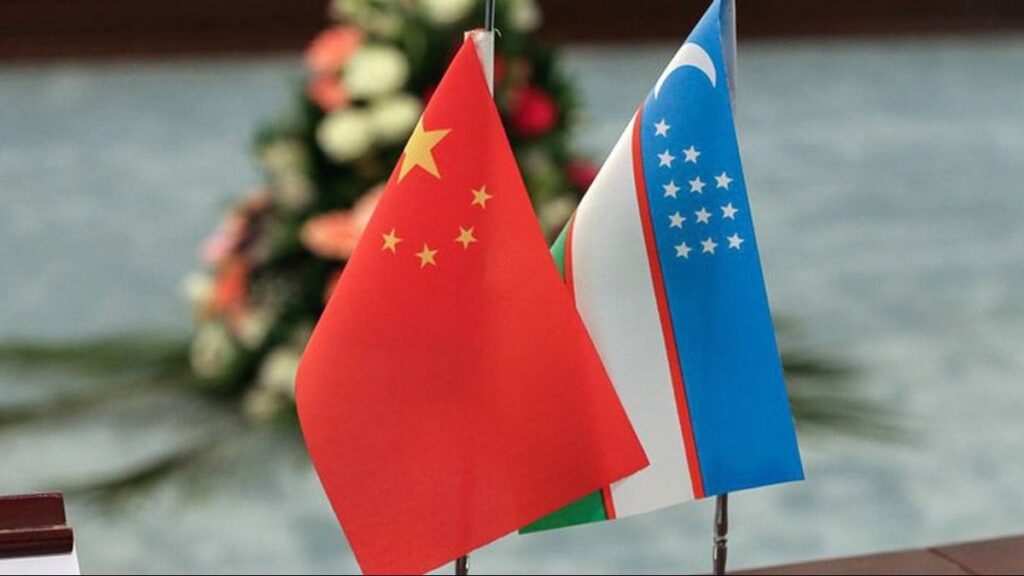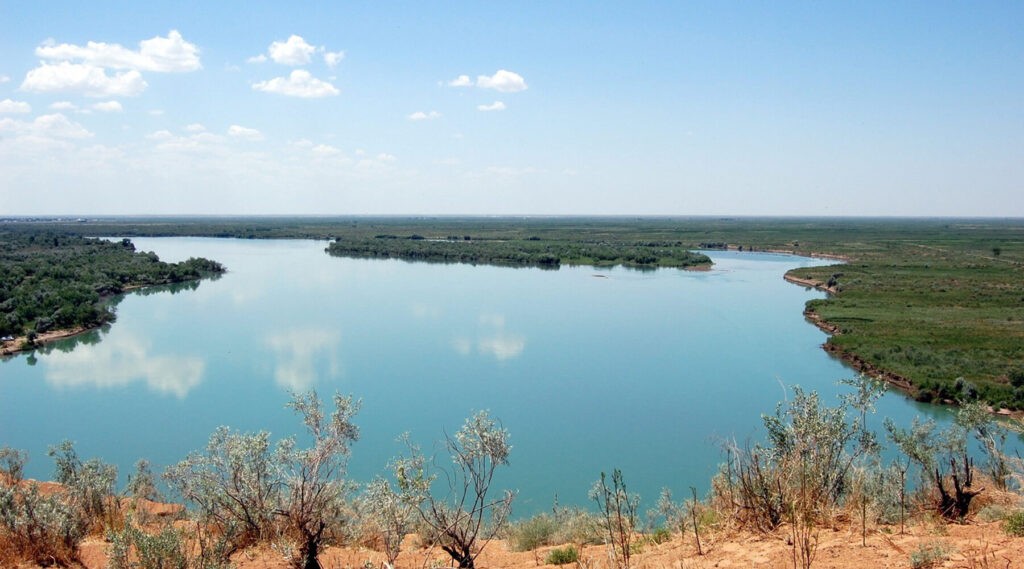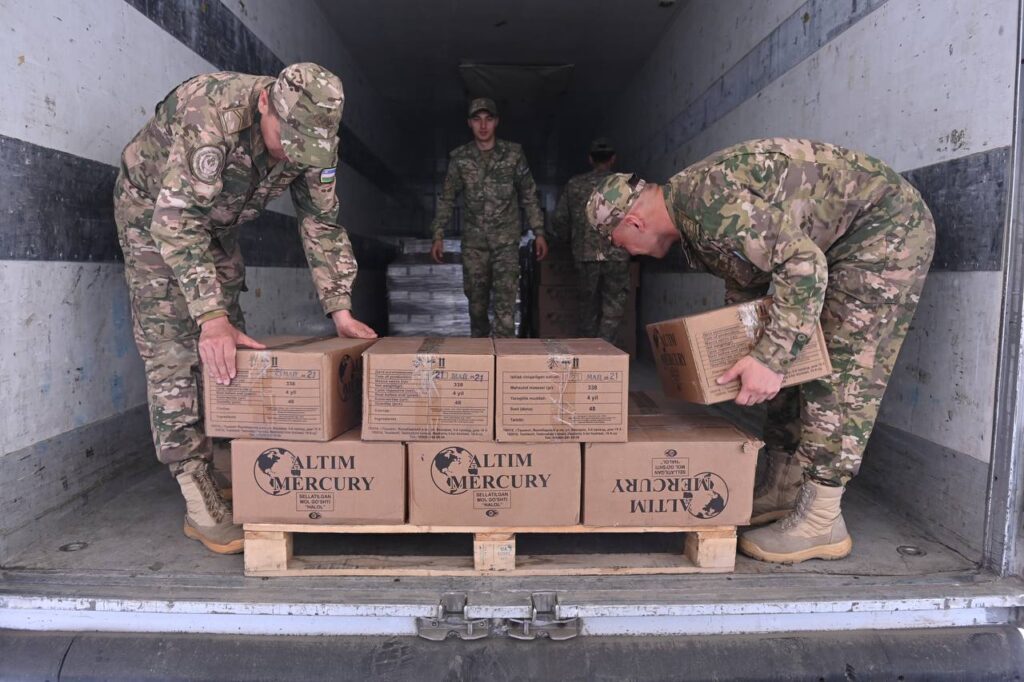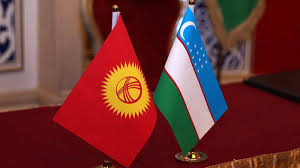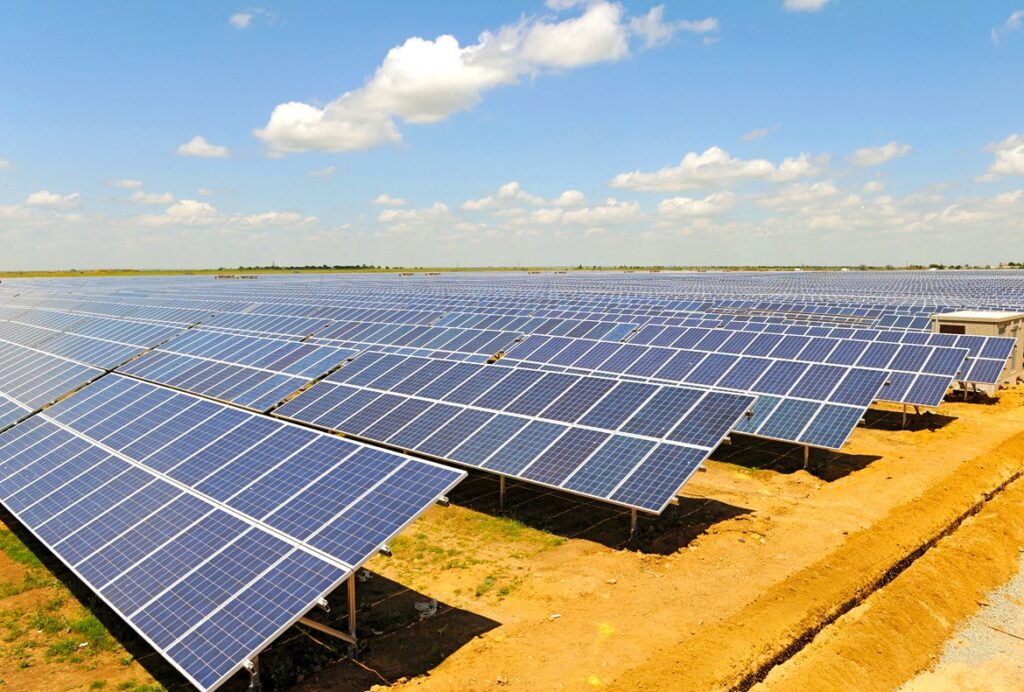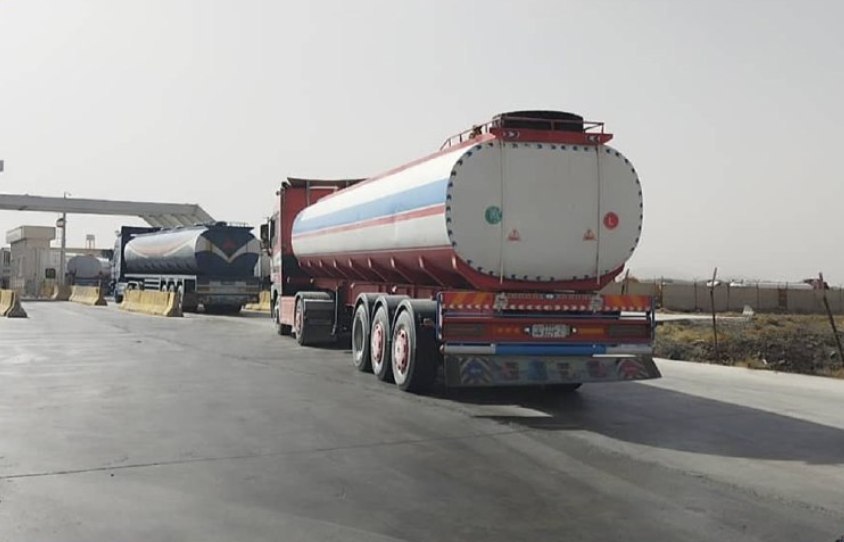Viewing results 337 - 342 of 398
In the first three months of 2024, the value of bilateral trade between China and Uzbekistan reached $2.1 billion. During this period, Uzbekistan's exports to China totaled $349.4 million, whilst imports from the People's Republic of China (PRC) reached $1.7 billion. This trade flow reflects a significant surplus in the PRC's trade balance, indicating a steady demand for Chinese goods. According to the Uzbek statistics agency, trade with China accounts for 21.5% of the country's total foreign trade. The number of companies with Chinese investments is steadily growing in Uzbekistan - at the beginning of April, there were 2,501 of them, up 7% compared to the end of last year. At a meeting of the leaders of Uzbekistan and China in Beijing in late January, 2024, Presidents Mirziyoyev and Xi agreed to prepare programs of cooperation in infrastructure development, industrial cooperation, technology transfer in agriculture, and green energy. Last year, Chinese companies commissioned two solar power plants in Uzbekistan with a capacity of 1,000 MW. Mirziyoyev and Xi said bilateral trade turnover between the countries could reach $20 billion annually. The two sides see great potential in the construction of the China-Kyrgyzstan-Uzbekistan trunk-line railroad. According to various estimates, this multi-modal corridor will reduce the distance of cargo delivery to Europe from China by 900 kilometers, saving 7-8 days of transit time.
Last week in Kazakhstan, delegates came together for the 87th meeting of the Interstate Commission for Water Coordination (ICWC) of Central Asia, where they discussed the potential and limitations of regional water reservoirs ahead of the 2023-2024 agricultural growing season. According to the ICWC, some of the more pressing questions focused on confirming limits of water usage for the 2024 growing season for the Syr Darya and Amu Darya river basins and the prognosis for water release from the reservoirs in those basins. There's still no information on how much water will be sent to the Aral Sea basin. In accordance with the quota, the draw on water from the Amu Darya watershed will be 56 billion cubic meters for the year, with about 40 billion cubic meters to be used in the April-to-October growing season. As stated in the ICWC agreement, Uzbekistan will receive 16 billion cubic meters, Turkmenistan 15.5 billion cubic meters, and Tajikistan will get 6.9 billion cubic meters. The Syr Darya's water use quota for this year's growing season is around 11.9 billion cubic meters, with 8.8 billion cubic meters going to Uzbekistan, 1.9 billion cubic meters for Tajikistan, 920 million cubic meters for Kazakhstan, and 270 million cubic meters for Kyrgyzstan. According to the ICWC, the totals for irrigated lands by Central Asian country are 4.3 million hectares in Uzbekistan, 2.5 million hectares in Kazakhstan, 1.9 million hectares in Turkmenistan, 1 million hectares in Kyrgyzstan, and 680,000 in Tajikistan.
The people of Uzbekistan plan to send humanitarian aid to the people of Kazakhstan affected by the spring floods, according to a report by news outlet 24.KZ. The initiative was proposed by a group including a local blogger, activists and Kazakhs living in Uzbekistan. Residents of Upper Chirchik, Tashkent region, sent hundreds of liters of vegetable oil and bedding. There are also people bringing inflatable boats, rubber boots and personal hygiene items to the collection center. Uzbeks also organized fundraising, with the amount of funds raised reaching 60 million sum (~$4,700). According to 24.KZ, the volunteers planned to send humanitarian aid to Kazakhstan on April 19 to a village affected by the flood in the Kostanay region. Humanitarian aid has been sent to the people affected by the floods in Kazakhstan. Fifteen large trucks will deliver food, clothes, blankets, blankets, pillows, hygiene products, special equipment tents, rubber boat kits and other essential items.
The Kyrgyz government has completed the resettlement of residents of the Barak exclave, a portion of a country separated from the Kyrgyz mainland that is completely encompassed by Uzbekistan. That's according to a report by the TV channel ELTR. All houses and social infrastructure in Barak were dismantled and moved to Kyrgyzstan. Ninety-eight families were temporarily placed in different areas of Osh region, with some of them staying with relatives, and others placed in rented houses. According to the report, the government of Uzbekistan allocated 208 hectares of land to Kyrgyzstan in exchange for Barak. The Kyrgyz government plans to build housing in this area and settle the relocated families. Barak is a rural settlement with a total area of about 4 square kilometers, where 1,250 people lived. It was the largest exclave of Kyrgyzstan, surrounded on all sides by the Uzbek region of Andijan's Korgontepa district. Barak is located 1.5 kilometers from the border with the Kyrgyz mainland. In 2018 Kyrgyzstan and Uzbekistan agreed on an exchange of land plots whereby Kyrgyzstan would receive the territory of Barak, and in return swap an equivalent plot of land adjacent to the village of Aktash in the Karasuv district. However, the exchange did not take place. In November 2022 Kyrgyzstan announced that it had reached a final agreement on the exchange of territories with Uzbekistan, giving the green light to the current resettlement plan.
Chinese investors have agreed to implement more major projects in Uzbekistan, according to statements made following the visit of a trade delegation from China to Uzbekistan's Tashkent region. Chinese businesses intend to invest $2 billion in the construction of a solar power plant in Ahangaran, $25 million in providing food for employees of social facilities, and $20 million in the construction of a diagnostic center. Also, Chinese investors are ready to invest $90 million in projects focused on the production of pharmaceutical products, metal structures, artificial fiber and threads. Earlier, Uzbekhydroenergo and China Southern Power Grid International agreed on joint construction of a 600 MW pumped storage hydropower (PSH) called Verkhny Pskem. The cost of the project is estimated at $1 billion. The first solar power plant in Uzbekistan was established with the assistance of the World Bank Group, Abu Dhabi Future Energy Company (Masdar), the Asian Development Bank and the Government of Uzbekistan. The station, with a capacity of 100 megawatts, became the country's first large-scale renewable energy facility. According to Uzbekistan's Ministry of Energy, the country plans to build about 25 large-scale solar power plants in the next 10 years.
The Customs Committee of Uzbekistan denied that gasoline returned by the Taliban due to its poor quality in fact belongs to Uzbekistan, according to a post on the committee's Telegram channel. The Times of Central Asia has reported that the Taliban returned 120,000 liters of gasoline imported via the Hayraton border point to Uzbekistan due to its poor quality. It has been reported that the returned oil products didn't originate in Uzbekistan. On the contrary, 120 tons of gasoline loaded in two tanker trucks were sent to Afghanistan from Russia and moved through the territory of Uzbekistan only in transit mode. On February 7, these tankers left for Afghanistan through the Ayritom station in Surkhandarya, Uzbekistan. These oil products returned by Afghanistan entered Uzbekistan on April 6 through the Ayritom station. Also, the Customs Committee asked certain mass media operating in the country not to distribute unverified, one-sided, unconfirmed information. “At this point, we ask the mass media to study carefully before disseminating such information, taking into account the friendly relations between the two countries,” the Customs Committee report said.
